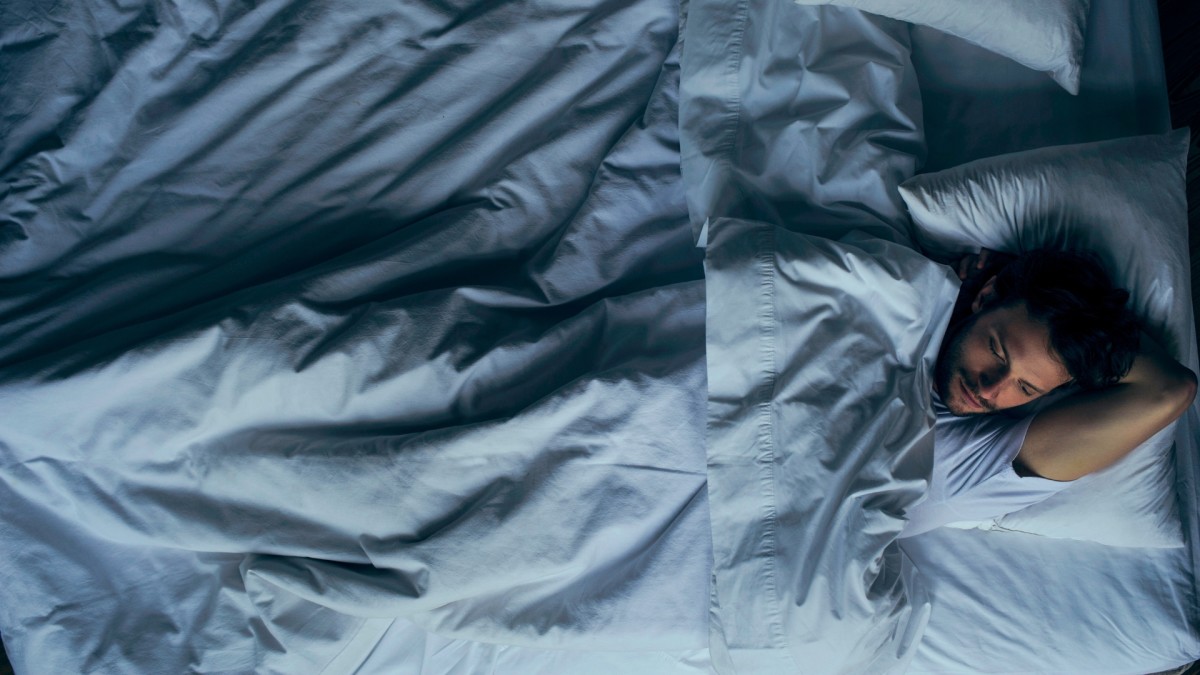
Regardless of our feverish obsession with well being hacks, one important element, no matter what number of occasions it is reiterated, typically will get ignored—sleep. The coveted advice of clocking six to eight hours of sleep has been shoved down our throats, however with social media scrolling, late nights out, countless work hours, and extra, correct sleep as a rule turns into a final precedence.
Nevertheless, persistently getting inconsistent sleep has a direct hyperlink to an individual’s danger of growing kind 2 diabetes, in accordance with a brand new examine printed in Diabetes Care.
Within the examine, which spanned 2013 and 2015, a crew analyzed the sleep patterns of greater than 84,000 UK Biobank members over a seven-night interval. To get probably the most correct info, the members wore an accelerometer, a tool just like a FitBit or Oura Ring, to seize exercise ranges. The sufferers, who had a imply age of 62, have been additionally checked for polygenic danger scores for diabetes, during which recognized genetic danger variants for the situation estimates a person’s chance of growing illness.
The researchers found that members with a deviation of between 31 and 45 minutes from their common sleep period, had a 15 p.c elevated danger of growing diabetes in comparison with these whose sleep period deviated by half-hour or much less. In addition they analyzed people who over or underslept by 60 minutes, concluding that those that overslept had a 34 p.c elevated danger. Lastly, these with probably the most variability, with a sleep period deviation of 91 minutes or extra, had a 59 p.c elevated danger.
Associated: Greatest Sleep Merchandise That Actually Work
This is not the primary time too little or an excessive amount of sleep has been within the highlight for affecting folks’s well being. In reality, the significance of sufficient sleep has change into much more prevalent over the past decade with research and analysis stating the shortage thereof can enhance your danger of an array of points equivalent to decreased immunity, hypertension, weight problems, melancholy, coronary heart illness, and past.
For night time owls and people with sleep situations equivalent to insomnia, getting sufficient sleep can really feel unfeasible. However adjusting your nightly routine, sticking to a schedule, and creating optimum sleep situations (we’re speaking silky sleep masks and a room at 65–68°F) might help craft an atmosphere that results in a much-needed night time’s relaxation.







